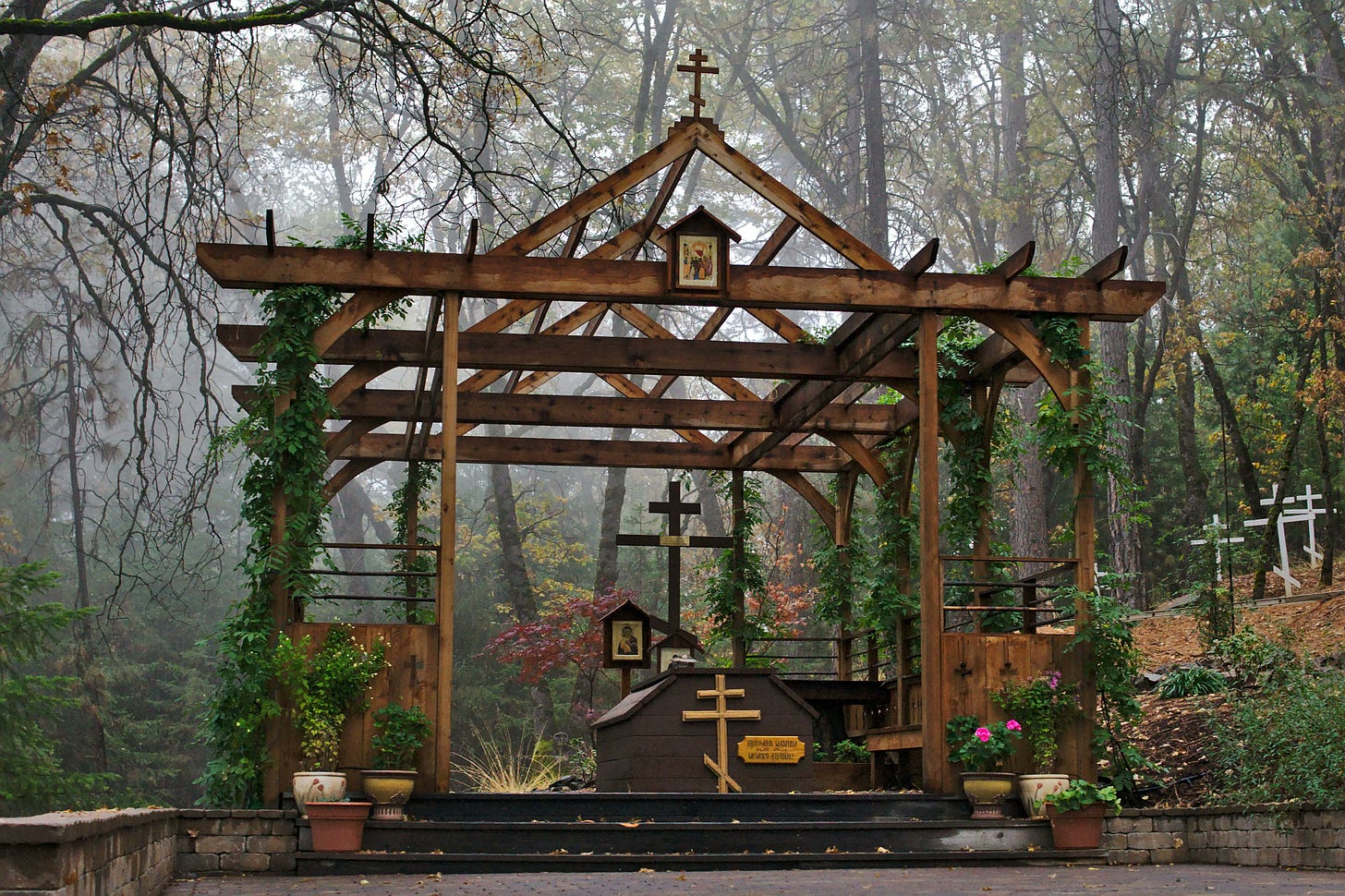Serving two lords in the Third Rome: a quick note on the Nagorno-Karabakh
In his seminal book Clash of Civilizations, Harvard political scientist Samuel P. Huntington described the world as composed of a handful of civilizations, mostly in competition against each other. The West was thus clearly different to the Orthodox, the Muslim or the Sinic worlds. Cultural differences made conflict short of inevitable, especially in the border territories that are halfway between the centers of two different civilizations.
Places like the Caucasus, Ukraine or the Himalaya are such hotspots (Huntington called them "faultlines"). Gray areas where the Orthodox civilization meets the Muslim world and the West, respectively; or where the Chinese and the Hindi cultures meddle. It is a historical truth that these regions are conflict-prone, and all of the examples mentioned are painfully current.
Last week Ilham Aliyev, President of Azerbaijan, and Nikol Pashinyan, Prime Minister of Armenia, signed an agreement to end hostilities in the Nagorno-Karabakh. The armistice has been brokered by Russia, in what can only be considered a huge strategic success.
The Nagorno-Karabakh is an Armenian exclave in Azeri de jure territory (until just now). It is connected to the Armenian territory through a line called the Lachin corridor. Russia will deploy about 2,000 peacekeeping troops, complete with armored vehicles and enough equipment to hold this line as well as the border between both countries.
The Republic of Azerbaijan and the Republic of Armenia will remain in their current positions. With the armistice, refugees will return home and prisoners and dead bodies will be exchanged, everything supervised by the UN. Land communications will be restored and controlled by Russian border guards.
Conventional knowledge in the West tends to portray this conflict as a proxy war between Russia and Turkey, a memetic inheritance from Huntington. After all, Armenians are known as a Christian people, already genocided by the Turks in the early 20th century, while the Azeris are seen as the Turks Caucasian sidekick. It makes sense to consider them as small projections of their overlords, fighting on their behalf.
Reality is more complicated, though. Azerbaijan and Russia are, and have been for some time, great partners in foreign policy. Russia has made it no secret that it values its relationship with it at the same level it values that with Armenia, and its arms sales to both prove the fact.
The assumption that the "Orthodox civilization" acts as a block is not only betrayed by Russia. Serbia, another country frequently oversimplified as a Russian proxy, was quick to support Baku instead of its Armenian correligionaries. The Azeris and the Serbs support each other on their territorial issues in the international arena; after all, Kosovo is still not recognized by Russia, China, and Spain, among others. Evidently, countries belonging inequivocally to the same civilizational sphere do not behave as a community of interests.
The hypothesis of Azerbaijan being some sort of Turkish puppet is also unsustained by the alliances it makes with others. One of the main tactical advantages of the Azeri military over Armenian forces has been the massive use of drones to obliterate Armenian infantry and armor alike. Military observers the world over have been paying very close attention to these doctrinal advances, made possible by drones supplied by America's Greatest Ally™. Yes, that's Israel, the same country that regularly calls Turkey a threat to the region lately, and that has formed an anti-Turkish front by joining former enemies such as the United Arab Emirates or Bahrein.
So who cares for Armenia? Not many people, apparently. Or, more precisely, powerful but unengaged powers. India is one of them, as Armenia favors it against Pakistan in regards to Kashmir. Meanwhile, Iran, an Islamist Revolutionary Republic, also prefers Armenia to Azerbaijan, but has not translated this preference to any military aid. It keeps a rethoric coherent with its enmity towards Israel, but not much else. According to pro-Azeri media, France also supports Armenia to spite Turkey, but there's nothing material to back up the words. Note that, of the three, at least two are nuclear powers, so they're not exactly irrelevant geopolitical actors.
What lies behind this isolation? Pashinyan became Prime Minister after a series of protests in 2018, which overthrew the former president. The protests where known as the Velvet Revolution, and were characterized as catering to democratic liberal sensibilities. The West applauded Pashinyan's aperturistic efforts as he attempted to build a closer relationship with the US. When did things go south?
Well, this will probably be disappointing to those who want to find anti-Christian connotations in Armenia's abandonment, and attribute them to the Usual Suspects™. Here's a theory from The Outpost: one cannot serve two masters. Improving Armenia's rapport with the US is incompatible with remaining in the Russian sphere and the South Caucasus is a long way from Texas. Georgia learned the lesson in 2008, and maybe Armenia needed to hear it too.
Befitting this theory, the immediate reaction to the ceasefire have been calls for Pashinyan to step down, deemed a traitor by his people. The borders have stayed mostly intact, Russia gains a significant presence in the area, Turkey has not made any advances it wouldn't have made anyway, and further destruction and bloodshed is prevented (the death toll estimates reach way past 4000). And most importantly, American sympathies in the region are curtailed.
In summary: a tidy world of cultural-political spheres makes for great memes, and the Clash of Civilizations made for great propaganda for the War on Terror. But the Orthodox memeplex attributed to Russia needs revision. Moscow may well be the Third Rome, but Holy Rome it isn't. It aspires to be the capital of the Empire, a fact which should always be kept in mind. If you want to belong as a province, you better burn your offering at Caesar's altar, and nowhere else.



